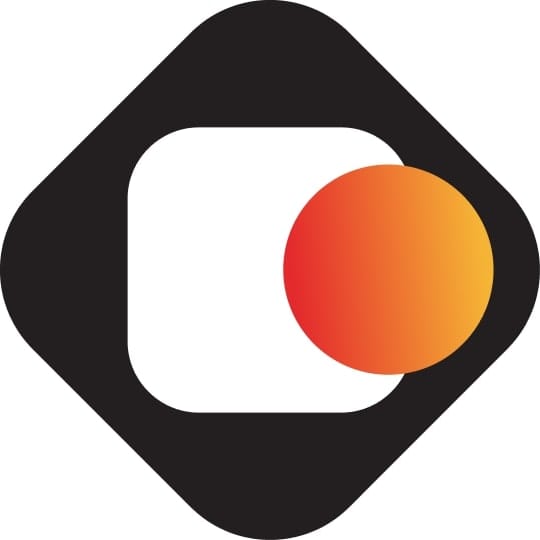Staking felt like a popular topic during NYC Blockchain Week 2019. I attended three staking events during the week. I spoke to many people representing proof of stake networks and staking companies along the way.
The first event was a staking panel discussion hosted by Solana. I also contributed questions the host, Anna Rose, from the ZeroKnowledge podcast, used for the discussion. I was able to stay for the first of the two discussions.
The second event was a private event hosted by Cosmos. Invited attendees came from various corners of the cosmos community and broader ecosystem.
Finally, I attended a panel discussion hosted by Distributed Global. This panel included a pretty diverse mix of staking ecosystem participants.
These are the observations that stuck with me from these events and conversations.
- Many staking networks plan to launch soon.
The number of staking networks planning to launch in 2019 surprised me. They seemed to start emerging soon after the Cosmos main net launch. Many were present at these events and were eager to tell their story.
2. These networks recognize the need to recruit capable validators.
Validator recruiting seemed to be a primary goal for the networks attending these events. Conversations shifted into a "validator elevator pitch" when someone I was talking to learned I was running validators.
3. Many seem to believe there are fewer 100 capable validators in the world right now.
There was a difference of opinion here during the Solana event. Zaki from Cosmos stuck by his claim there are fewer than 40 serious validators in the world right now.
Ilya from NEAR countered that point. He questioned the definition of a "serious" validators. He proposed that the pool of qualified validators could expand. Thoughtful network engineering and better tooling were two suggested ways this could happen.
Even so, given the validator recruitment efforts happening in and around these events, it felt like most people agreed with Zaki.
4. The active Cosmos validator set seems to be the go-to validator recruiting list.
The active Cosmos validator set seems to be the proxy list to find capable validators. Many people seemed quite familiar with the list and the names on it. For example, more people recognized me when I mentioned I operate the Chainflow validators, than I would have expected.
5. The battle for validator attention has begun.
As a validator, one key take-away is that it's important to become more selective when choosing networks to operate on.
The time of jumping into any network running a test net has passed, since there are now so many of them running or intending to come online soon. Choosing which networks to validate on feels like a key differentiator for validators starting now.
6. Almost all the networks planning to launch intend plan to run a Game of Stakes-like adversarial test net.
Almost every network I spoke to is planning to launch a Game of Stakes-like test net. Who knew the Cosmos game-of-stakes would start such a trend? Feedback from GOS participants on what worked well and areas to improve was in high demand.
7. Larger staking companies dominated these discussions.
As an independent validator operator, I was hoping for stronger smaller validator representation. Instead, larger staking companies, built to serve institutional investors, dominated the discussions.
This was probably compounded by the fact we were in NYC, one of the world's financial capitals. It illustrated to me how outgunned smaller validators like me are when it comes to business development and marketing resources. This realization is one reason I started the Decentralized Staking Defenders.
8. A common response to the problem of stake centralization was "it's no worse than we have now".
I heard this at least a couple times during the week and experienced it as troubling. The centralized staking risk actually wasn't discussed as often as I had hoped it would be.
The few times it was, the usual response was "well, that's no different than what we have today, it's not so bad and most people don't really care about centralization anyway, as long as the system works for them."
Many discussion participants seemed to be entering the crypto community for the first time, through their staking involvement. These new entrants often came from the financial services industry. Taken in this context, I can't say the response was surprising.
Yet, at least from my perspective, I'm not in this to recreate the existing financial system. My intention is to take part in creating a new system. My hope is the new system is more equitable, accessible and fair, than its legacy predecessor.
9. Taxes are an unknown and need to be figured out.
Most in attendance recognized the need to figure out the tax implications of staking income. They agreed that while no clear guidance is out there today, it needs to be figured out. The Proof of Stake Alliance is working to help figure this out.
I operate the highly available, secure and independent Chainflow validators. Learn more about the validators, the networks they operate on and how to delegate to them here.
